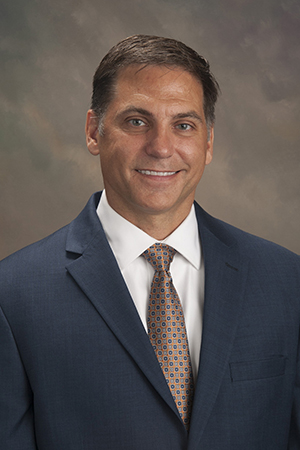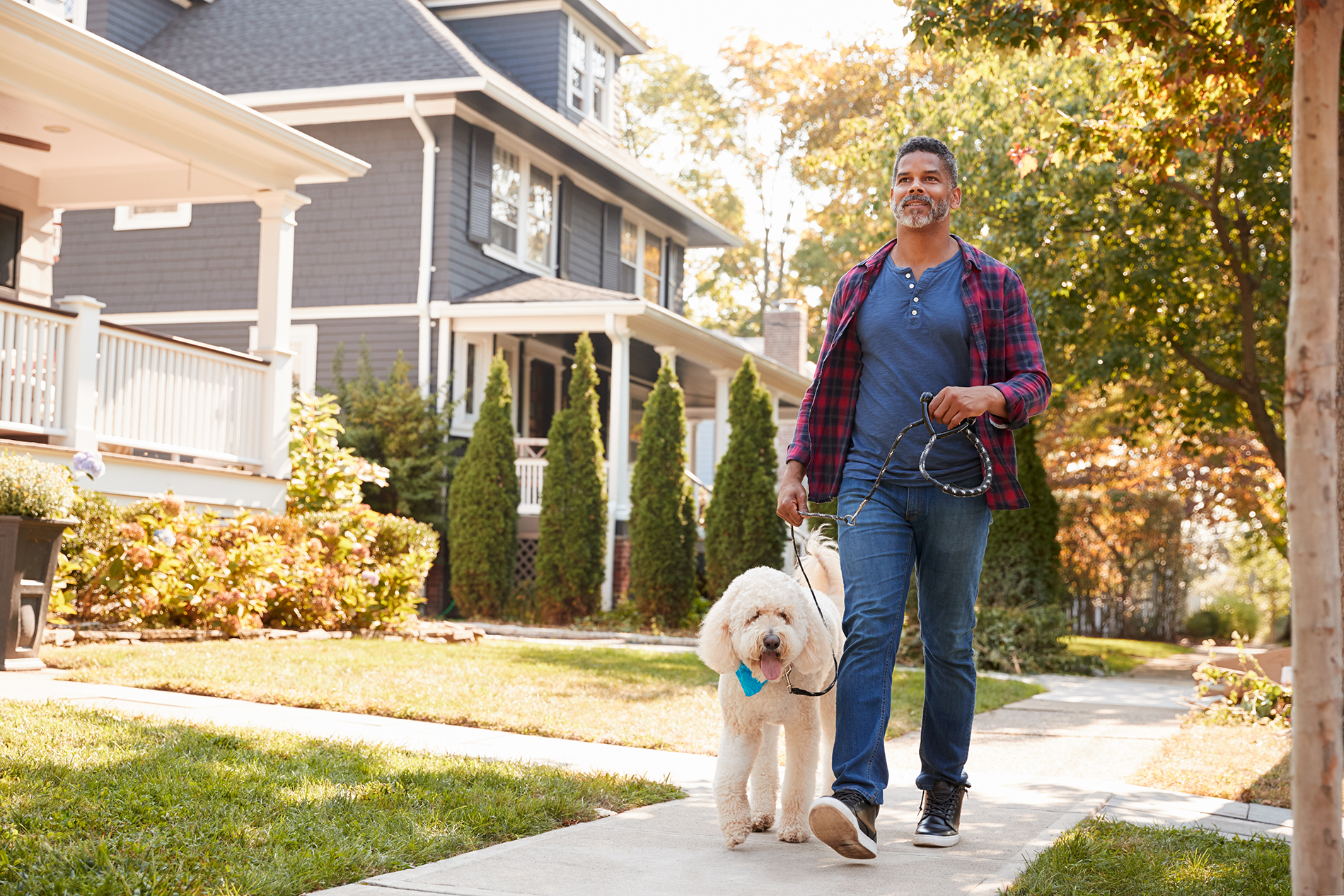Nobody in their 20s, 30s or 40s gets colorectal cancer, right? Wrong. The truth is that colorectal cancer is on the rise in young adults since the 1990s. Dr. Edward Jakubs, a colorectal surgeon with Lexington Surgery, answers our questions.
Q: Are you seeing a increase in the incidence of colon cancer?
A: For several years, we’ve seen colon cancer increasing in frequency among younger individuals and more advanced stages of disease at the time of diagnosis. That’s why the recommendations for colon screening have been lowered to age 45 for all individuals at average risk in an effort to identify colon cancer earlier or to prevent colon cancer by removing precancerous polyps.
Q: What's causing the increase in colon cancer?
A: It’s not entirely clear, but there are many environmental factors that may play a role. The best way to prevent colon cancer is to live a healthy lifestyle: avoid tobacco products and excessive alcohol consumption, eat a healthy, high-fiber diet, and have a colonoscopy at the appropriate age. Additionally, seek evaluation for any early symptoms such as rectal bleeding and a change in bowel habits regardless of age.
Q: Could our diet play a role in developing colon cancer?
A: One should use common sense. We know what nutritionists and all doctors recommend, but often do not follow these guidelines. A healthy, high-fiber diet and plenty of non-caffeinated fluids to maintain regular bowel function is essential.
Q: What are the symptoms of colon cancer?
A: Symptoms may occur, but they’re usually later in the course of colon cancer. They might include changes in bowel habits, blood associated with the stool, abdominal pain, unexplained anemia, or unexplained weight loss. More important, however, is preventing colon cancer by removing polyps through routine screening colonoscopy or identifying early cancers before symptoms occur. It’s also important to know your family history.
Q: What happens during a colonoscopy and why should it not make people – especially young people – nervous?
A: The prep needed is not as difficult as in the past and sedation is used so there no pain during the procedure. Colonoscopy is a routine procedure and when done by experienced physicians has very few complications. One day of inconvenience for most people every five to 10 years is essential to PREVENT colon cancers. Colonoscopy should not be feared, but colon cancer should be.

Edward J. Jakubs, MD, Lexington Surgery






Leave a comment